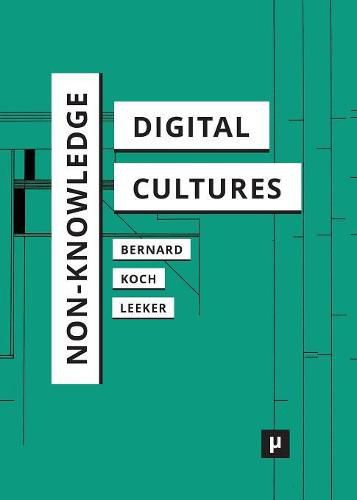Readings Newsletter
Become a Readings Member to make your shopping experience even easier.
Sign in or sign up for free!
You’re not far away from qualifying for FREE standard shipping within Australia
You’ve qualified for FREE standard shipping within Australia
The cart is loading…






This title is printed to order. This book may have been self-published. If so, we cannot guarantee the quality of the content. In the main most books will have gone through the editing process however some may not. We therefore suggest that you be aware of this before ordering this book. If in doubt check either the author or publisher’s details as we are unable to accept any returns unless they are faulty. Please contact us if you have any questions.
Making available massive amounts of data that are generated, distributed, and modeled, digital media provide us with the possibility of abundant information and knowledge. This possibility has been attracting various scenarios in which technology either eliminates non-knowledge or plants it deep within contemporary cultures through the universal power and opacity of algorithms. This volume comprises contributions from media studies, literary studies, sociology, ethnography, anthropology, and philosophy to discuss non-knowledge as an important concept for understanding contemporary digital cultures.
$9.00 standard shipping within Australia
FREE standard shipping within Australia for orders over $100.00
Express & International shipping calculated at checkout
This title is printed to order. This book may have been self-published. If so, we cannot guarantee the quality of the content. In the main most books will have gone through the editing process however some may not. We therefore suggest that you be aware of this before ordering this book. If in doubt check either the author or publisher’s details as we are unable to accept any returns unless they are faulty. Please contact us if you have any questions.
Making available massive amounts of data that are generated, distributed, and modeled, digital media provide us with the possibility of abundant information and knowledge. This possibility has been attracting various scenarios in which technology either eliminates non-knowledge or plants it deep within contemporary cultures through the universal power and opacity of algorithms. This volume comprises contributions from media studies, literary studies, sociology, ethnography, anthropology, and philosophy to discuss non-knowledge as an important concept for understanding contemporary digital cultures.